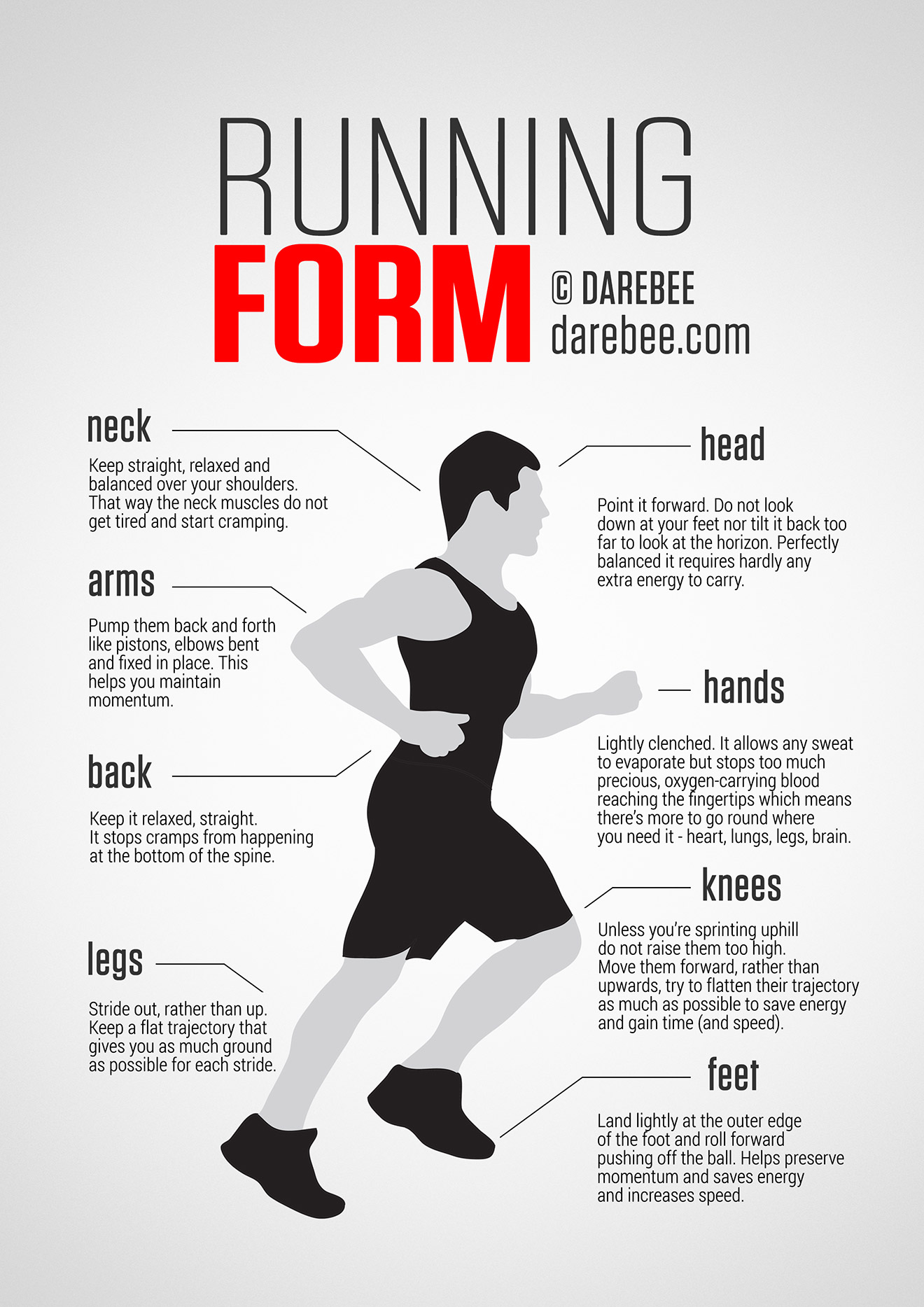Running is one of the best forms of exercise there is. It pushes your cardiovascular system to work harder (making your heart muscle stronger and more efficient), it works your body's ability to use oxygen with every breath you take (your VO2 max), it even helps improve a little on your aerobic capacity (which is determined by genes) by pushing the lungs to expand a little more. It strengthens your legs, helps your arms, neck, back, hips and spine synchronize and, when you're having a blast, it also makes you feel free. In total control of your body and your life.
Running is also a weird exercise. When done right, at cruising speed, it hardly burns any more calories than walking. This is because when you break into a run your body does so because the speed of your motion is too uncomfortable for walking and running helps your body optimize its use of resources. Experienced runners use the musculoskeletal framework of the body to transfer most of the load generated by running to the bones, with the muscles barely doing any work at all. In order for them to burn up fuel and improve their fitness they have to level up, pushing their body past its comfort zone.
Form is critical. It helps to save energy and run more efficiently and it avoids injuries.
The reasons we get tired when we run are:
- Our muscles get tired from the vibrations of our feet hitting the ground all the time;
- Our intercostal muscles get tired of lifting the diaphragm so we can take a deeper breath (for a look at the mechanics of breathing check this article out);
- We use up all the available fuel in our body;
- We are unable to get sufficient oxygen in the muscles for them to work properly;
- Our cardiovascular system is unable to cope with the load and blood flow to the muscles is restricted;
- Our muscles work at cross-purposes to each other creating huge energy inefficiencies that make running harder
Each of these six reasons is underpinned by a massive number of biochemical and neurological steps that involve the creation of ATP in the body, the release and absorption of calcium ions and the hemoglobin levels in your bloodstream. The good news is that regardless of the complexity of it all, good running form minimizes the stress that's felt by the muscles which means that even if nothing else changes in your body (your heart does not get stronger with time, your VO2 Max levels remain the same, your muscles do not become resistant to fatigue) you will still see a gain in your ability to run faster, longer.
At its very core, a great running form is designed to negate, as much as possible, the stress load of running on the body and make the task of transporting your body, at speed, under its own power, look effortless.











